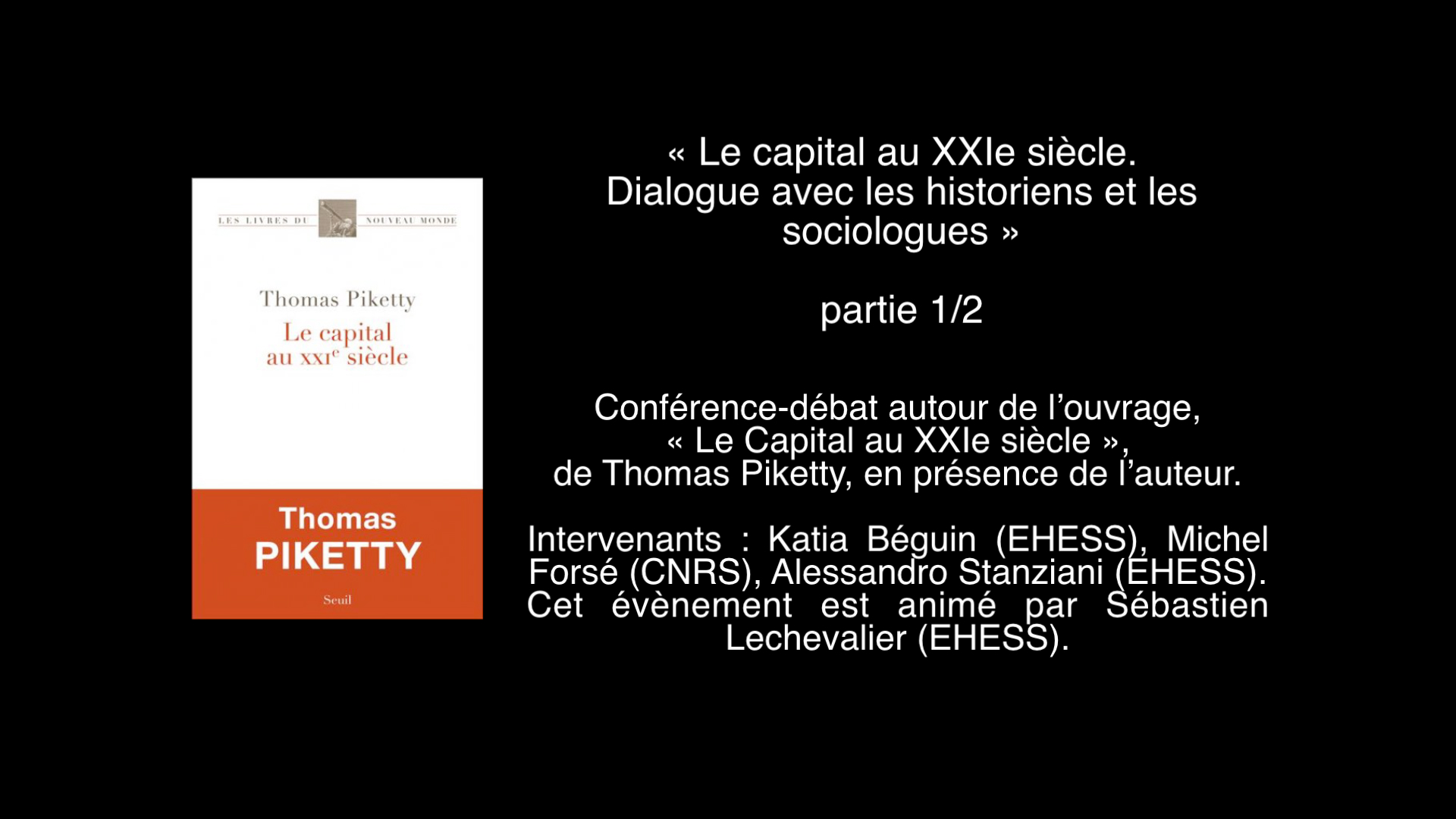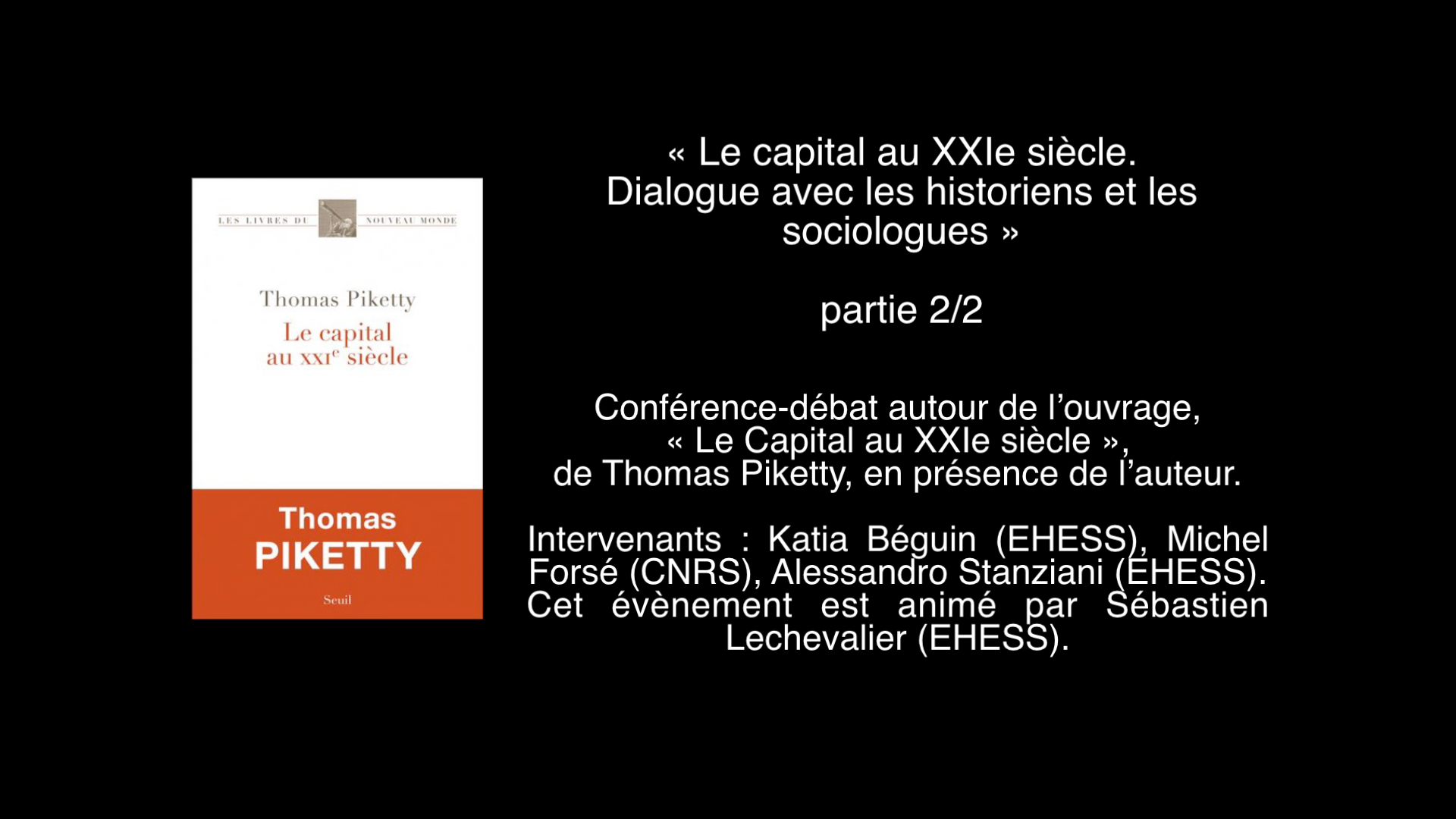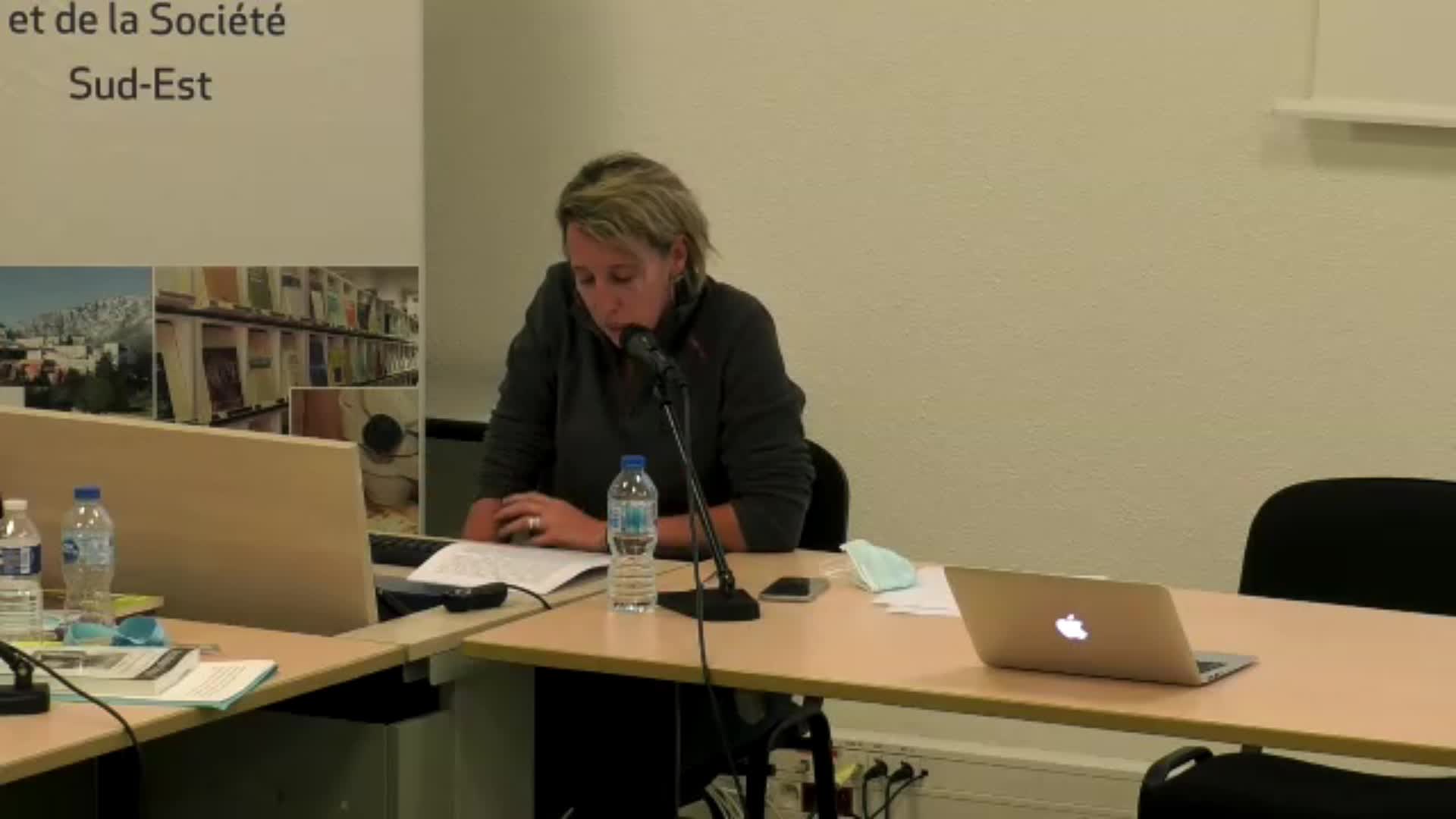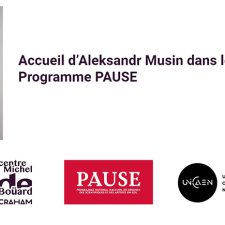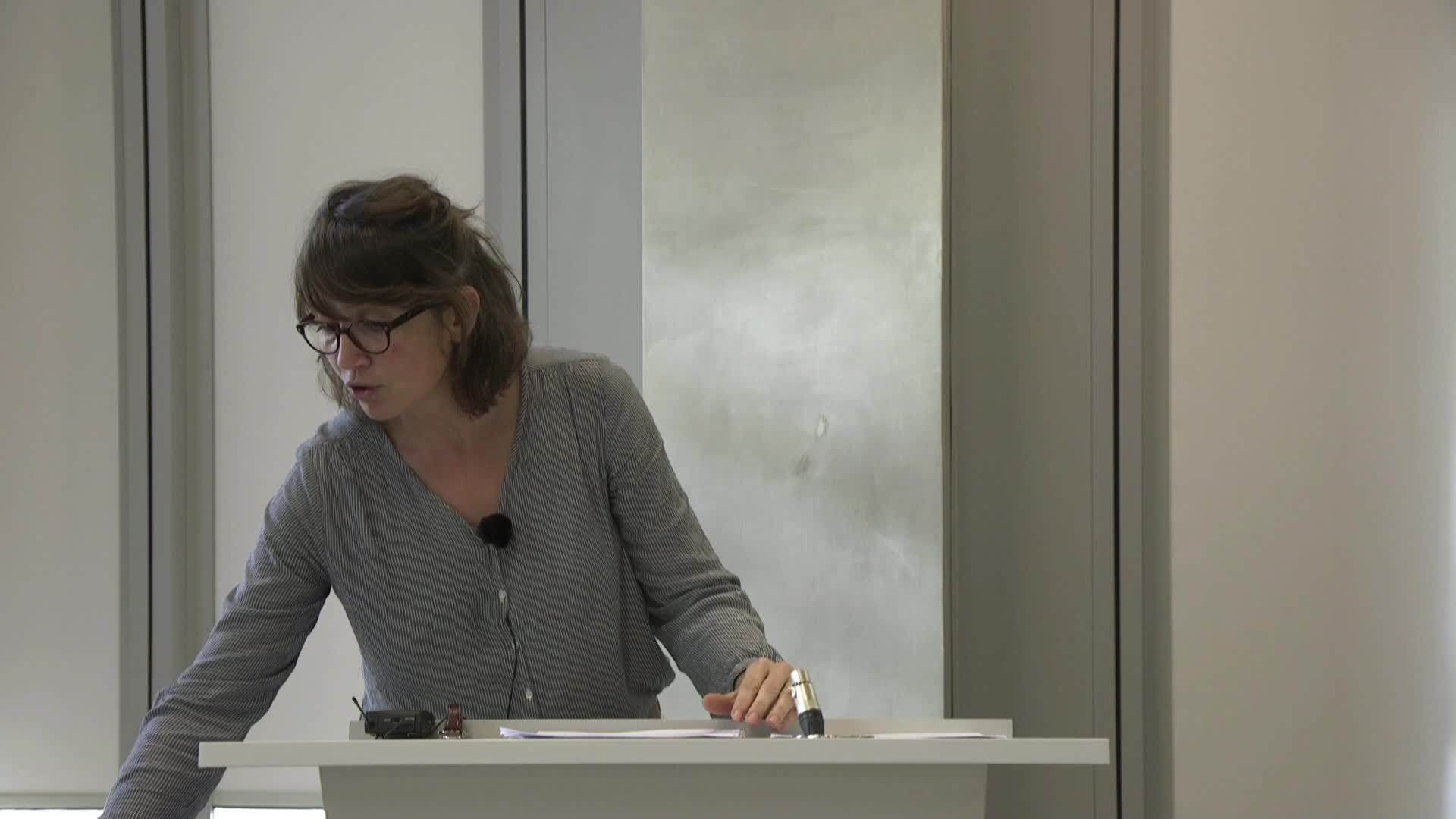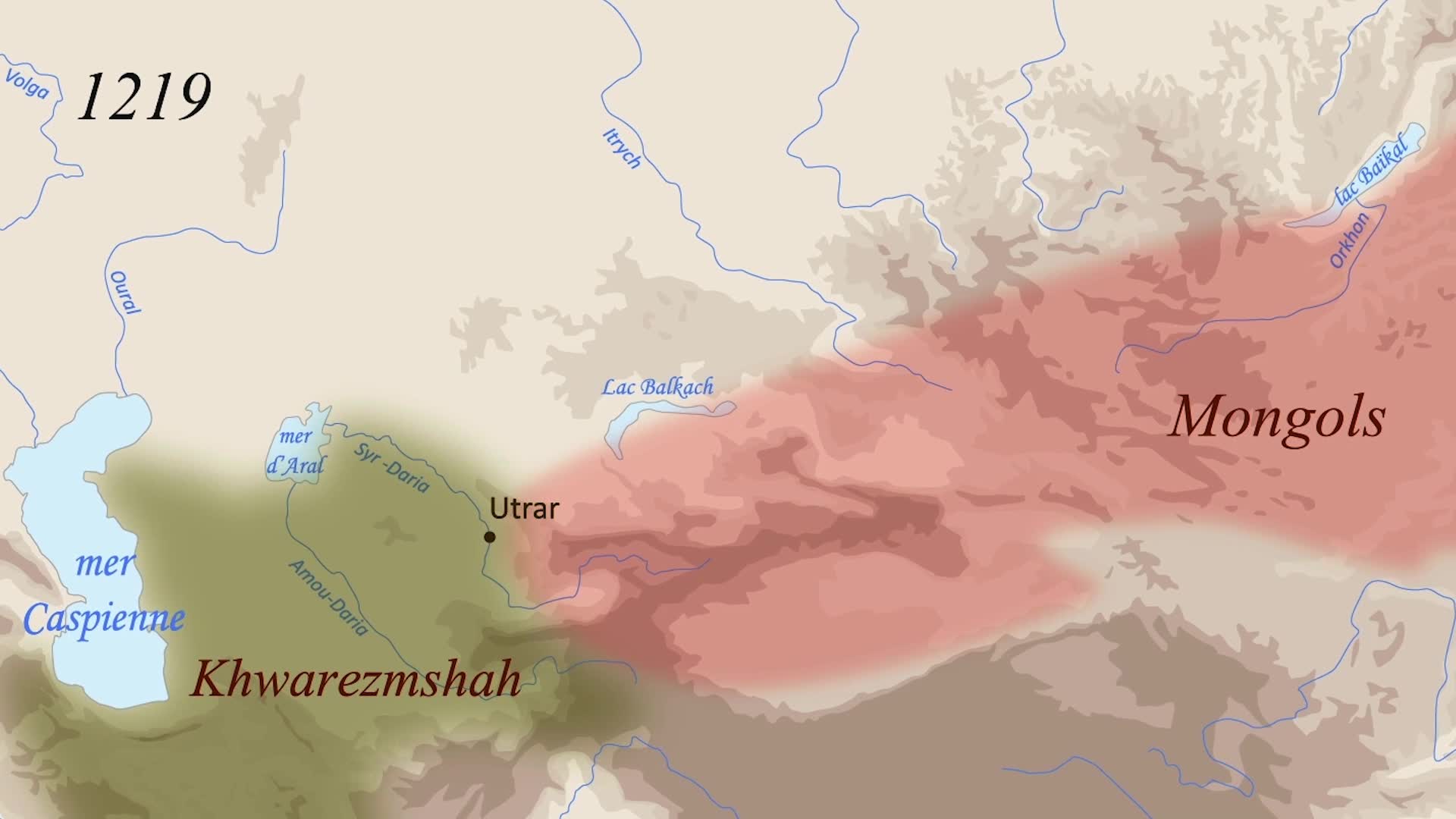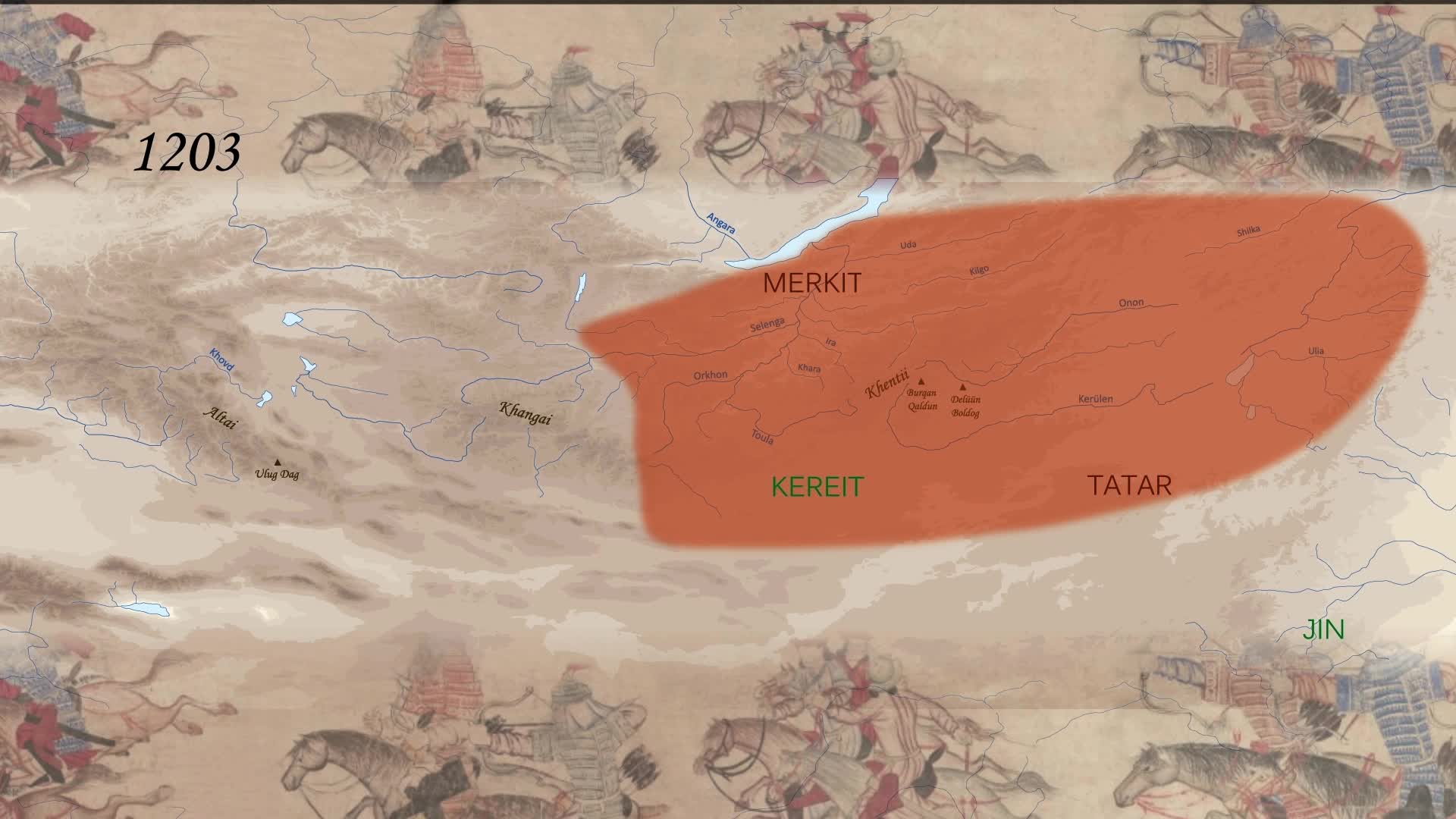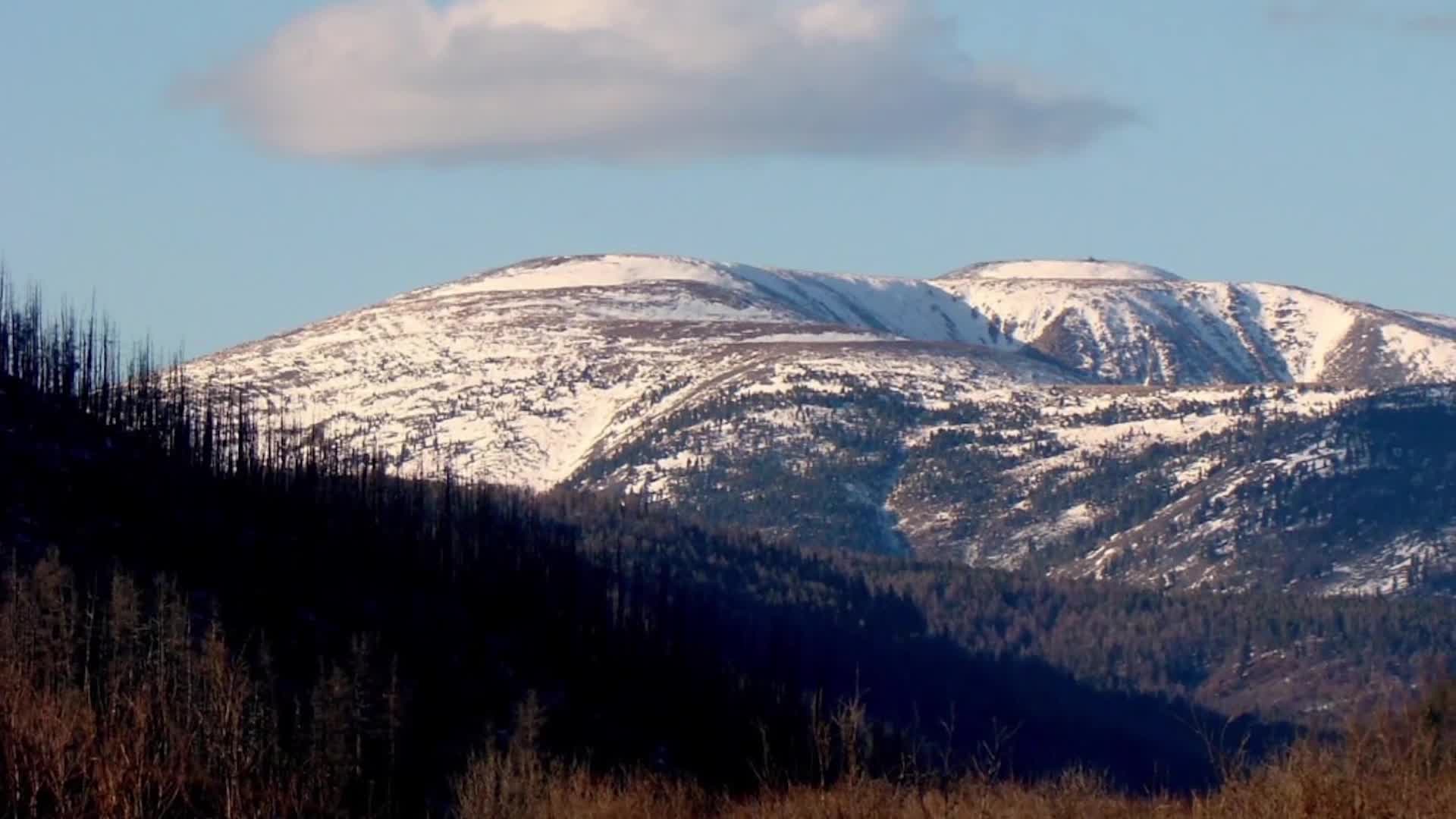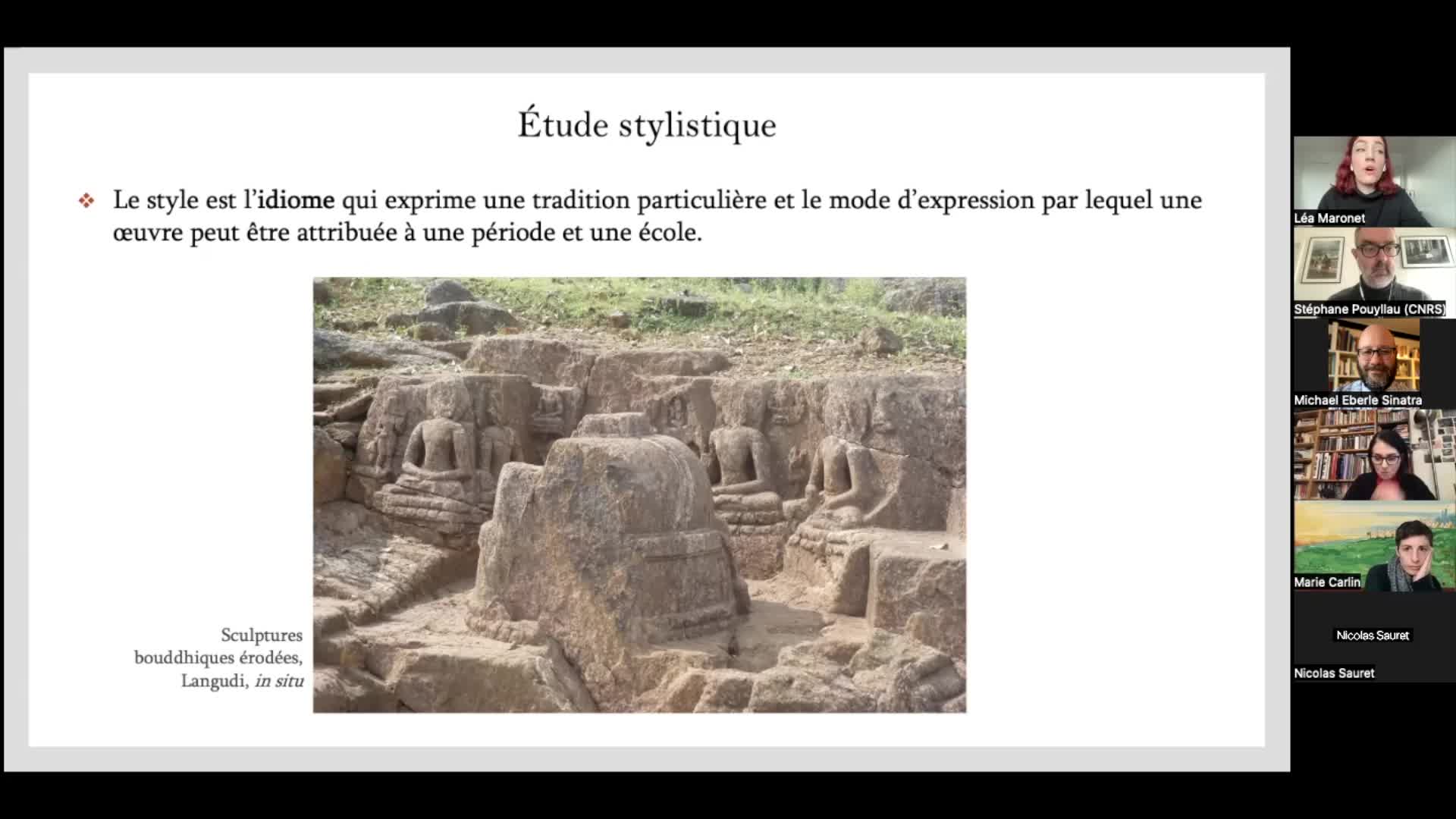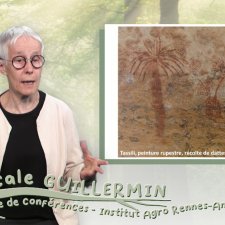Chapitres
- Nadine Vivier09'58"
- Antoni Furio20'11"
- Paul Brassley27'00"
- Alessendro Stanziani41'53"
Notice
4th EURHO Conférence Rural historie 2019
- document 1 document 2 document 3
- niveau 1 niveau 2 niveau 3
Descriptif
Agriculture and Food-Supply. Perspectives for a global history
Feeding the world’s population has always produced challenges for agriculture, and these challenges are increasing. In the short term farm output is always affected by fluctuations in weather conditions. In the long run agriculture has to feed a grow-ing number of consumers, and an increasing proportion of them no longer produce what they eat. In the past these factors led to a search for external resources and encouraged the rise of productivism.This double pressure on producers has had some well-known perverse effects: poor peasants needing to have regard to the demands of colonial powers; some countries engaging in land grabbing and controlling local products and resources; farmers in rich countries increasingly relying on markets and distribution networks; and finally environmental problems such as soil and water pollution associated with the intensive use of fertilizers and pesticides.The purpose of this round table is to explore the way in which these phenomena are interlinked and to attempt to answer some key questions. To what extent has agriculture succeeded, in the long term, in meeting the food requirements of rural and urban populations? How did it ensure these supplies, and what changed and what remained the same over time? To what extent are the uncertainties about the future of human nutrition a product of history? In other words, do these uncertainties emerge from policies and practices (of producers, consumers, and trading networks) that have developed over centuries? To what extent is agriculture at a crossroads in having to cope with the growth in world population, a large part of which is already under-nourished or malnourished? Finally, to what extent can agriculture turn its back on productivism at a time of demographic pressure and colonization of cultivable land by other uses, while simultaneously promoting sustainable development?
Intervention / Responsable scientifique
Thème
Avec les mêmes intervenants et intervenantes
-
Voix aux chapitres #6 : Autour de l'ouvrage "La Chine par le menu"
HuretRomainKiesowRainer MariaSabbanFrançoiseFournierTristanTrémonAnne-ChristineStanzianiAlessandroThéryAëlLa sixième séance de Voix aux chapitres est consacrée à l'ouvrage La Chine par le menu. Cuisine culture culinaire et traditions alimentaires chinoises de Françoise Sabban, 12 décembre 2024 à l'EHESS.
-
Transnational History and Japan
HautcoeurPierre-CyrilleSchaubJean-FrédéricThomannBernardStanzianiAlessandroLechevalierSébastienGaronSheldon MSheldon Garon, titulaire de la chaire Nissan d’Histoire et d’études sur l’Asie orientale de l’Université de Princeton, étudie le Japon moderne et contemporain, s’intéressant aux relations entre l’État
-
1 - Conférence « Le capital au XXIe siècle. Dialogue avec les historiens et les sociologues »
PikettyThomasForséMichelBéguinKatiaStanzianiAlessandroLechevalierSébastien« Le capital au XXIe siècle. Dialogue avec les historiens et les sociologues » Conférence-débat autour de l’ouvrage, « Le Capital au XXIe siècle », de Thomas Piketty, en présence de l’auteur.
-
2 - Conférence « Le capital au XXIe siècle. Dialogue avec les historiens et les sociologues »
PikettyThomasStanzianiAlessandro« Le capital au XXIe siècle. Dialogue avec les historiens et les sociologues » Conférence-débat autour de l’ouvrage, « Le Capital au XXIe siècle », de Thomas Piketty, en présence de l’auteur.
Sur le même thème
-
Quand la BD reveille l'Antiquité
LonniMarieGallegoJulieDans ce neuvième épisode, Marie Lonni a pu échanger avec Julie Gallego.
-
Les transformations contemporaines des cabanes de pêcheurs de l'île Sainte-Marguerite.
Rosati-MarzettiChloéProjet soutenu par la MSHS Sud-Est, il émane plus particulièrement de l’axe 1 du LAPCOS « Territoires et environnements : approches plurivoques de l'habiter ». Dans le cadre de l'axe 4 de la MSHS Sud
-
Interview d'Aleksandr Musin dans le cadre du Programme PAUSE
MusinAleksandr EvgenʹevičLe CRAHAM accueille depuis le début du mois de mars 2023 Aleksandr Musin, dans le cadre d'un programme d’accueil de chercheurs en exil piloté par le Collège de France. A. Musin présentera ses
-
-
Usages et interprétations du dessin d’enfant en histoire (Manon Pignot)
PignotManonUsages et interprétations du dessin d’enfant en histoire (Manon Pignot)
-
Empire mongol 3/3 : les campagnes de Gengis Khan (1206-1227)
FavereauMarieLa construction de l'empire mongol du XIIIe siècle reliant la Chine à l'Europe sous l'égide de Gengis Khan. Cette vidéo développe un des thèmes abordé dans l'ouvrage "Atlas des mondes musulmans
-
Empire mongol 2/3 : l'unification des nomades de la steppe
FavereauMarieL'histoire de l'unification des tribus mongols de la grande steppe par Gengis Khan. Prémices de l'empire mongol du XIIIe siècle. Cette vidéo développe un des thèmes abordé dans l'ouvrage "Atlas des
-
Empire mongol 1/3 : la grande steppe
FavereauMarieVidéo présentant la grande steppe berceau de l'Empire mongol. Elle approfondit un des thèmes abordé dans l'ouvrage "Atlas des mondes musulmans médiévaux" , Denoix, S. et Renel H. (éds.), Paris, Cnrs
-
Séminaire HN Lab 1 : Le HTR appliqué à l’histoire de l’Art : présentation du travail de Léa Marone…
Le HN Lab propose un séminaire de recherche qui prend la forme d’une présentation de problématiques théoriques ou pratiques, de présentations de réalisations (achevées ou en cours) d’une durée de 30
-
L'Empire Plantagenêt : dynastie, gouvernement et idéologie
AurellMartinConférence de Martin Aurell dans le cadre de l'Université inter-âges de l'université de Poitiers
-
SÉANCE CONFÉRENCE 1. L'ORGANISATION DU PRENDRE SOIN
CapuanoChristopheSéance conférence 1 : L'organisation du prendre soin" Une approche historique du prendre soin
-
De l'arbre fruitier au verger nourricier
GuillerminPascalePascale Guillermin, maître de conférences à l'Institut Agro Rennes-Angers, parle dans cette vidéo de l'évolution, au cours du temps, du regard et des techniques liés aux arbres fruitiers.





